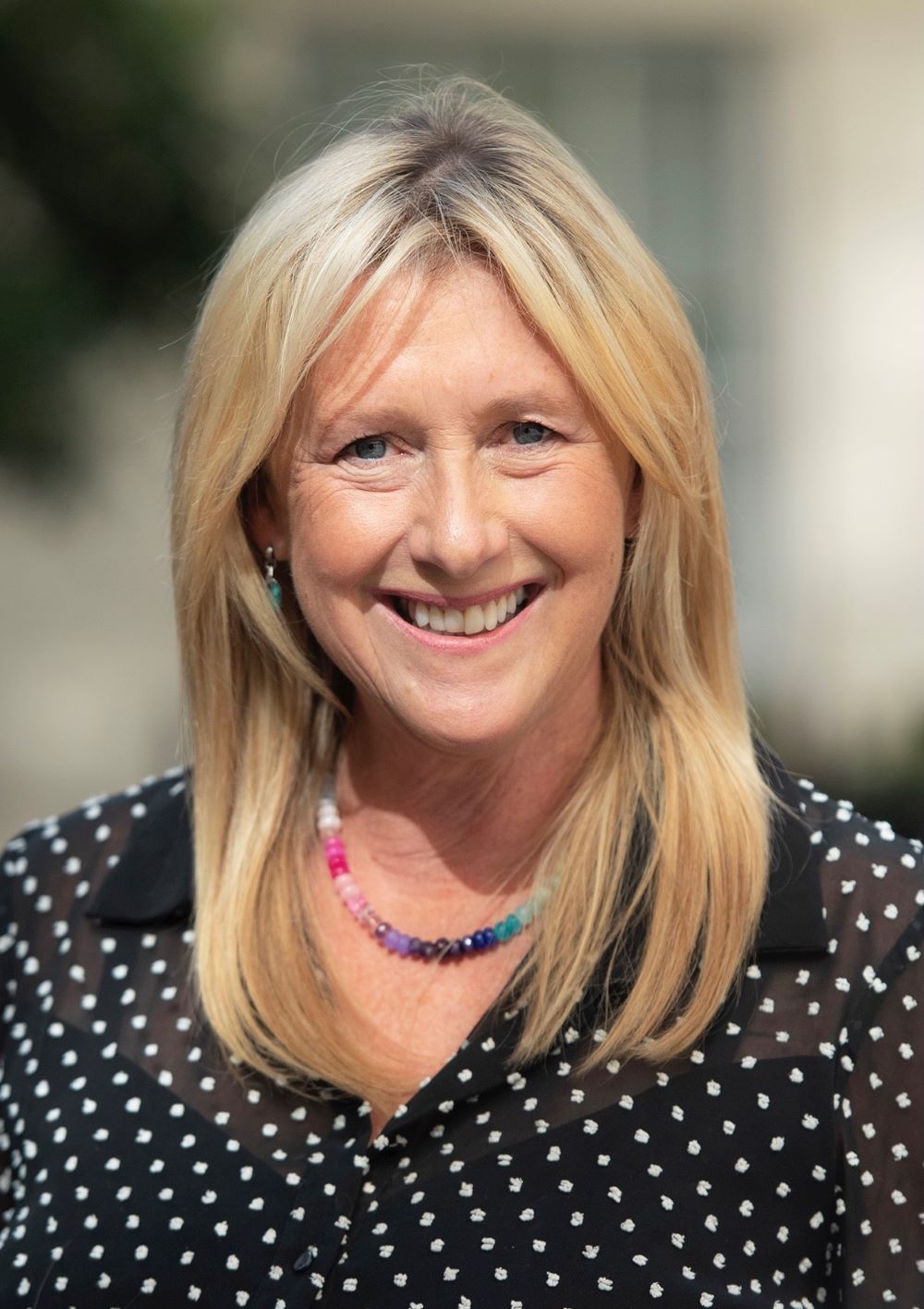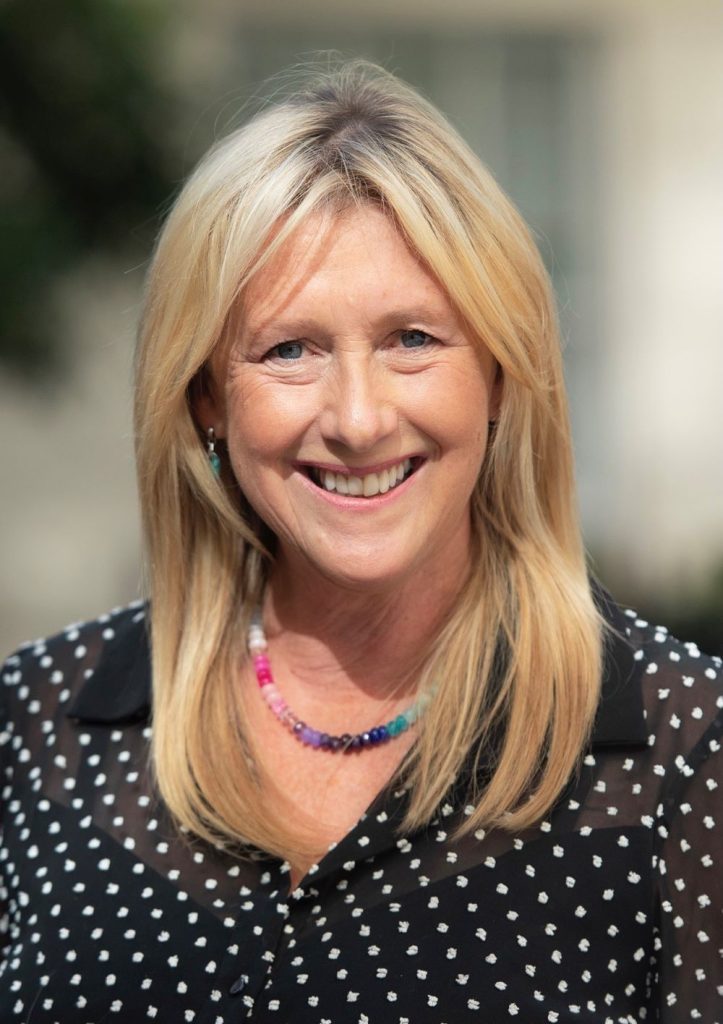Norfolk’s mental health trust is out of special measures.
The Norfolk and Suffolk NHS Foundation Trust (NSFT) now has to work on a transition plan to ensure improvements continue.
News of the change was announced in a joint statement by the trust chair Zoe Billingham and CEO Caroline Donovan.
Statement
They said: “This is a significant milestone in our improvement journey at the Trust. We can see the impact on service users already, with more positive comments about our services, our friends and family test results have improved, wating times have significantly reduced in some areas, and our performance is improving.
“We do, however, have so much more still to do – our challenge now is to maintain the pace of improvement and ensure it is embedded.
“The Trust is ensuring that service users, their families and carers are at the heart of our long-term improvement, and we are working at pace to improve the quality of our services.”
What has been done?
The pair say one of the key pieces of work they have done saw them work with service users, carers and bereaved families to learn from the deaths of those who have used the Trust’s services.
“This learning has been vital and will, and in many cases has already, led to trust wide improvements. The trust now has a credible mortality reporting system, but we recognise there is still much more to do. We would like to express our sincere gratitude to the bereaved families and carers who have been working with us, for their invaluable challenge and support,” the statement continues.
“We are delighted that we now have a Service User and Carer Council established with plans to develop one council in each of our five new localities. This is essential to ensure the voice of service users, carers and families is integrated into everything we do.”
Other development and improvements highlighted in its statement include:
- The trust has developed a new five-year strategy with four strategic priorities; Improving Health, Improving Care, Improving Culture and Improving Value.
- The trust has strengthened its leadership with the following appointments: Experienced substantive Chief Executive from Outstanding trust – Caroline Donovan; Experienced Chief Nursing Officer from Outstanding trust – Anthony Deery; Experienced Chief Medical Officer from Outstanding trust – Dr Faisil Sethi;
- The Trust has reviewed more than 12,000 deaths and now has a credible mortality reporting system, but there is still much more to do to demonstrate we can learn from incidents.
- A new Service User and Carer Council has been established and the plan is to develop five locality councils. This will help improve how the Trust listens to and hears the voices of service users and families.
- The Trust has identified the following four priorities: crisis services; community mental health services; children and young people’s services and inpatient mental health services.
- Waiting times in the Trust’s children and young people’s services and adult community mental health services have significantly reduced.
- The Trust has introduced a new leadership structure and five localities to help further improve the quality of care and the experience of people using its services at a local level, together with significantly increasing and investing in clinical leadership roles.
- The Trust has completed 100% of CQC ‘must do’ actions and a detailed assessment of all its CQC registered services.
- The Trust has completed Wave 1 of its Listening into Action staff engagement initiative with 27 teams leading significant improvement across the Trust.
- It has established a new Inclusion Council and commissioned an external review of race equality, completed by Yvonne Coghill CBE, together with strengthening its commitment to staff networks.
- The Trust has launched a procurement process for a new Electronic Patient Record (EPR). This significant programme will replace the current system with a more advanced and efficient solution that will enhance the Trust’s ability to deliver safer, kinder, and better care.
The pair add: “We would like to take this opportunity to thank our staff, service users, carers, and partners across our local systems and our regional NHS colleagues for your ongoing support. There truly is so much that has been achieved by everyone last year and so much to feel optimistic about in 2025.”


